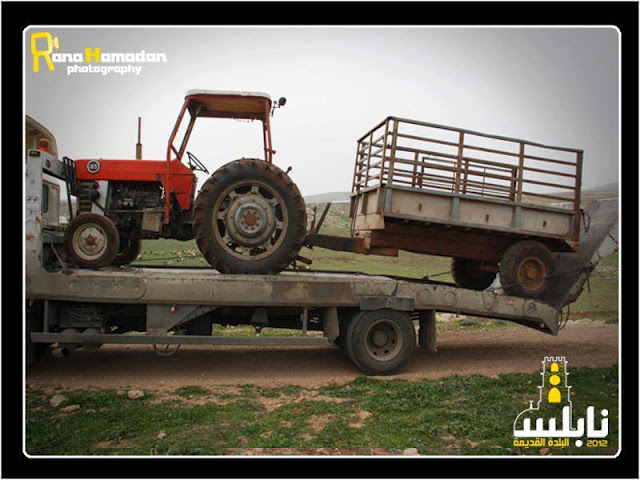Tag: Arrests
-
Arrests and nonviolent actions in South Hebron Hills
26 February 2012 | Operation Dove On February 25th Palestinian men and women, elders and children, together with Israeli and international activists gathered for two demonstrations organized by the South Hebron Hills Popular Committee. The first demonstration, attended by approximately ninety people, was planned in response to twenty-nine trees being cut down during the last four months on…
-
5 Palestinian fishermen arrested by Israeli Navy, one of them a 13 year old boy
by Rosa Schiano 16 February 2012 | il Blog di Oliva In the past few days five Gazan fishermen have been arrested by the Israeli Navy off the north coast of Gaza. Adham Mahmoud Abu Ryada, 22, and his brother Mohammed Mahmoud Abu Ryala, 13, were both arrested on Sunday evening. Jamal Ramadan Al Sultan, 58…
-
Jordan Valley: Demolitions and arrests of two Palestinians
by Satu and John 15 February 2012 | International Solidarity Movement, West Bank On February 14, 2012, in the small village of Twael of the Aqraba district, southeast of Nablus in the Jordan Valley, the home of the Bunni Jaber family was destroyed by an Israeli backhoe protected by 20 soldiers in four military vehicles.…


